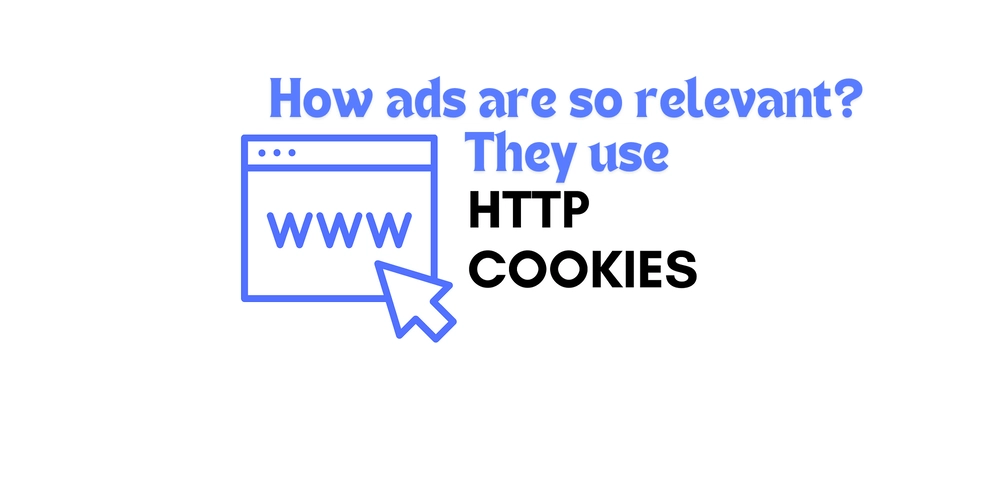Dev
3w
174

Image Credit: Dev
How ads are so relevant: they use HTTP cookies 🍪, but how?
- HTTP cookies are used to make ads relevant by storing data on the client's browser and sending it to the server in every request.
- Cookies store information like auth tokens, personalized data, and any data that can tailor the data returned to the client by the server.
- Attributes set on cookies, such as HttpOnly, Secure, Domain, and SameSite, play important roles in their functionality.
- HttpOnly cookies can be sent with requests but cannot be accessed using JavaScript when the HttpOnly attribute is set to true.
- Secure attribute ensures that cookies are only sent in secure (https) connections and not in insecure (http) connections.
- Domain attribute specifies for which domain the cookies are set, and cookies can only be set for the current domain, not for others.
- SameSite attribute has values like Strict, Lax, and None, affecting how cookies behave in cross-site requests and redirects.
- Ad providers make ads relevant by using third-party cookies, allowing them to track user actions and show related ads across different websites.
- To prevent tracking by ad providers, users can block third-party cookies in their browsers.
- Developers are advised to set cookie attributes carefully to prevent cookie-related attacks, while users can protect their privacy by managing cookie settings.
Read Full Article
10 Likes
For uninterrupted reading, download the app